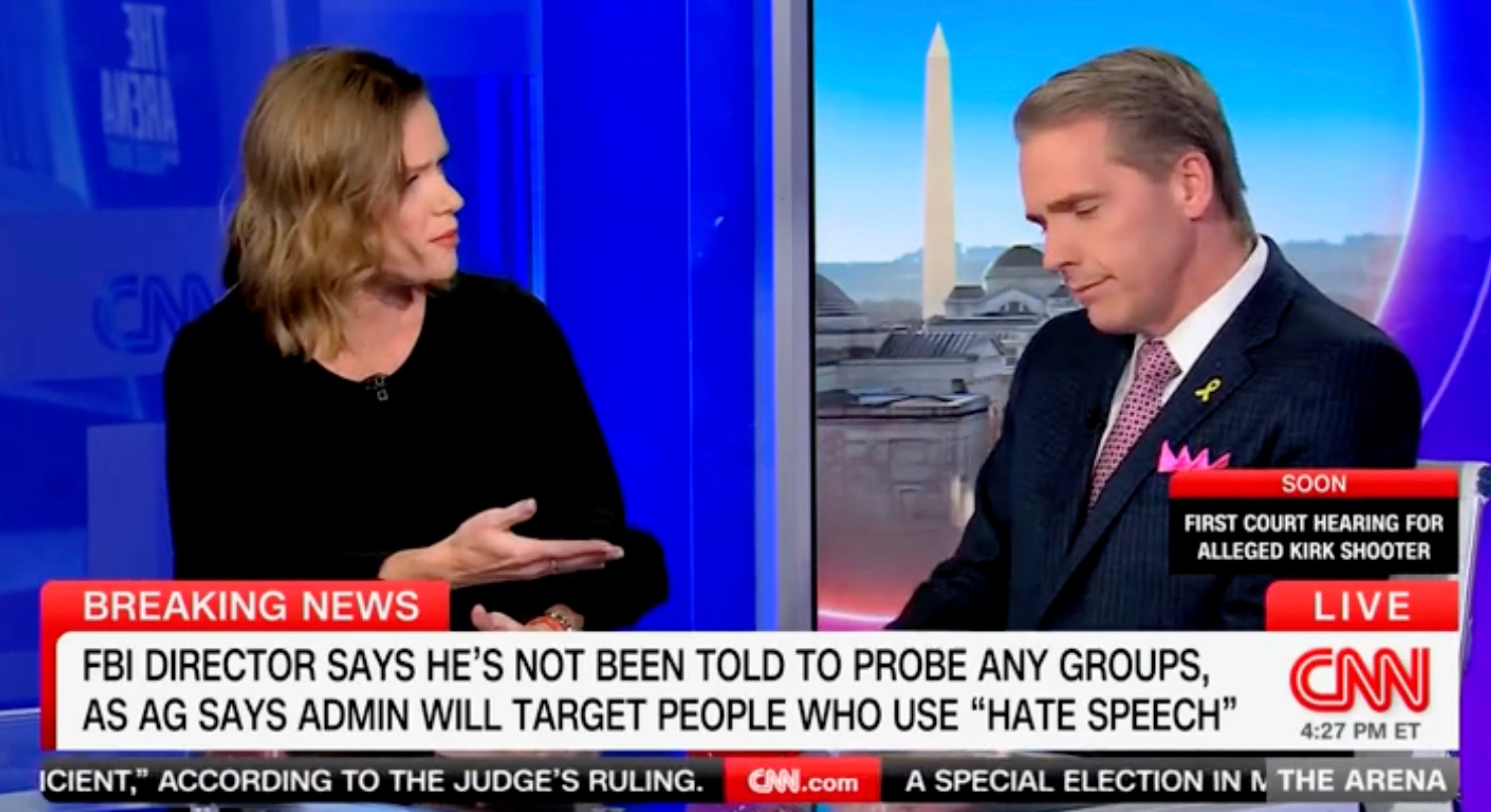
Fiery Debate on CNN: Scott Jennings and Panel Clash Over Charlie Kirk Tragedy

A recent segment on CNN's The Arena with Kasie Hunt ignited a passionate debate surrounding the political climate following the tragic death of Charlie Kirk. The discussion, featuring CNN contributor Scott Jennings and former Biden communications director Kate Bedingfield, quickly escalated into a heated exchange about political rhetoric and its potential consequences.
The Spark: Hate Speech and Political Rhetoric
The conversation centered around Attorney General Pam Bondi's statements on hate speech, but quickly pivoted to the suspect's alleged text messages released earlier in the day. Bedingfield emphasized the need for responsible free speech, stating, "The idea that we have to be at each other‘s throats politically, I think that‘s a risky... I think that‘s a dangerous place to be."

Jennings' Perspective: Connecting Rhetoric to Action
Jennings brought to light alleged text messages from the suspect, Tyler Robinson, revealing sentiments like "I had enough of his hatred" and the engraving "Hey, fascist catch!" on a bullet. He argued that the suspect was "marinating in some kind of information that radicalized him based on what he heard in the air in this country," pointing to the frequent use of terms like "fascist" and "Nazi" to describe Donald Trump and Republicans. He emphasized that "For 10 years, we have heard nothing from the left but that Donald Trump is a fascist. Republicans are Nazis."
Clash of Opinions: Is There a Link?
The discussion became increasingly tense as Bedingfield brought up a separate incident involving the murder of Minnesota House Representative Melissa Hortman and her husband, highlighting that the suspect was reportedly a Trump voter. "Does that shooter represent the entirety of the MAGA movement?" she asked, questioning the fairness of generalizing based on individual actions. The two then talked over each other before Bedingfield added "Could you let me finish my thought, please?"
Jennings countered by questioning the assumption that the suspect was mentally ill, emphasizing the "lucid messages from a shooter who was motivated by political hate." He argued that the suspect "sounded like someone who had decided to take it upon himself to rid the world of someone that he hated politically." This sparked a further back-and-forth about the responsibility of those using inflammatory language.
Broader Implications: The Dangers of Unhinged Rhetoric
The debate touched upon the crucial issue of how political rhetoric might contribute to radicalization and violence. Jennings stressed that it was “dangerous and irresponsible” for nobody to take responsibility for “10 years of the use of the language fascism, Nazis, authoritarian, and so on. It’s on the bullet case.” Bedingfield countered that she had seen nothing but elected Democrats saying the murder was “awful” and condemning it and expressing sorrow for his family, which Jennings questioned, before she added, “I’ve seen President Trump do nothing but say it was the Democrats’ fault.”

This CNN segment provides a glimpse into the complex and often contentious discussions surrounding political discourse in today's society. It highlights the importance of considering the potential impact of our words and the need for responsible and thoughtful communication, especially in a highly polarized environment.
```